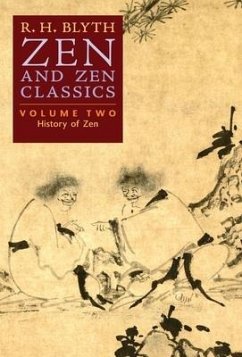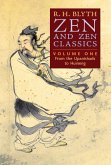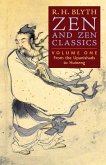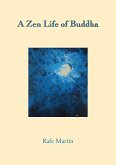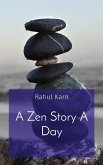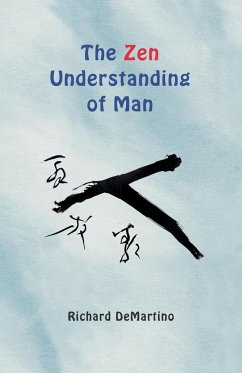This work is a fascinating introduction to Zen and to the self-enlightenment and inner reason that has been a driving force in the history of Japan. In the volumes comprising Zen and Zen Classics, Reginald Horace Blyth (1898-1964) devotes himself to conveying the true character and attitude of Zen, leading the reader to a heightened sense of inner self and to an awakening of awareness of the surrounding universe and one's relationship to it. In Volume Two of this work, Blyth covers in depth the great Zen masters and their disciples, paying particular heed to such foundational teachers as Sekit¿, Sepp¿, H¿gen, and many others. He finishes with a discussion of Zen mysticism and existentialism, as well as a chapter on the potential pitfalls and obstacles to the practice of true Zen.
Hinweis: Dieser Artikel kann nur an eine deutsche Lieferadresse ausgeliefert werden.
Hinweis: Dieser Artikel kann nur an eine deutsche Lieferadresse ausgeliefert werden.

